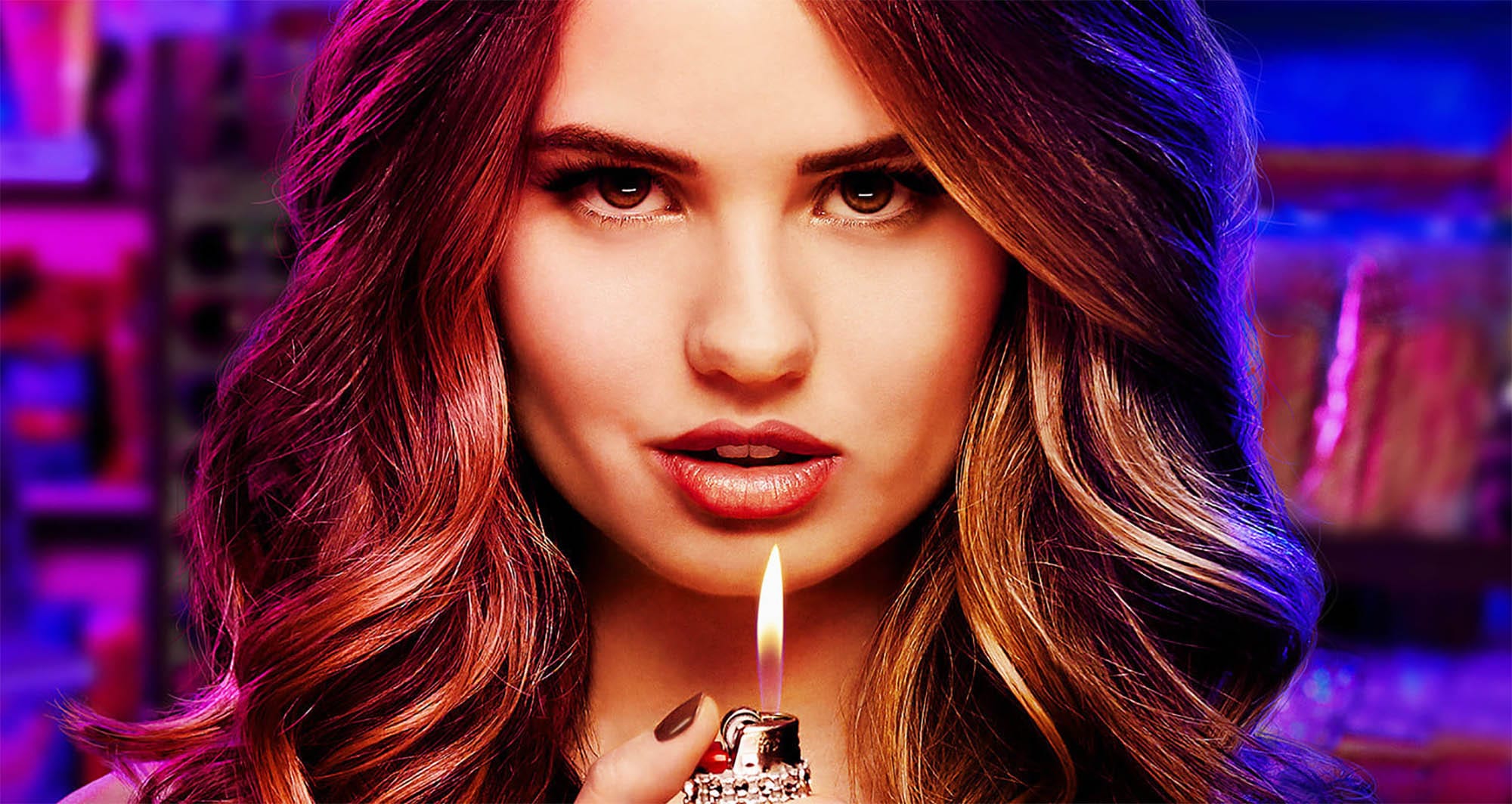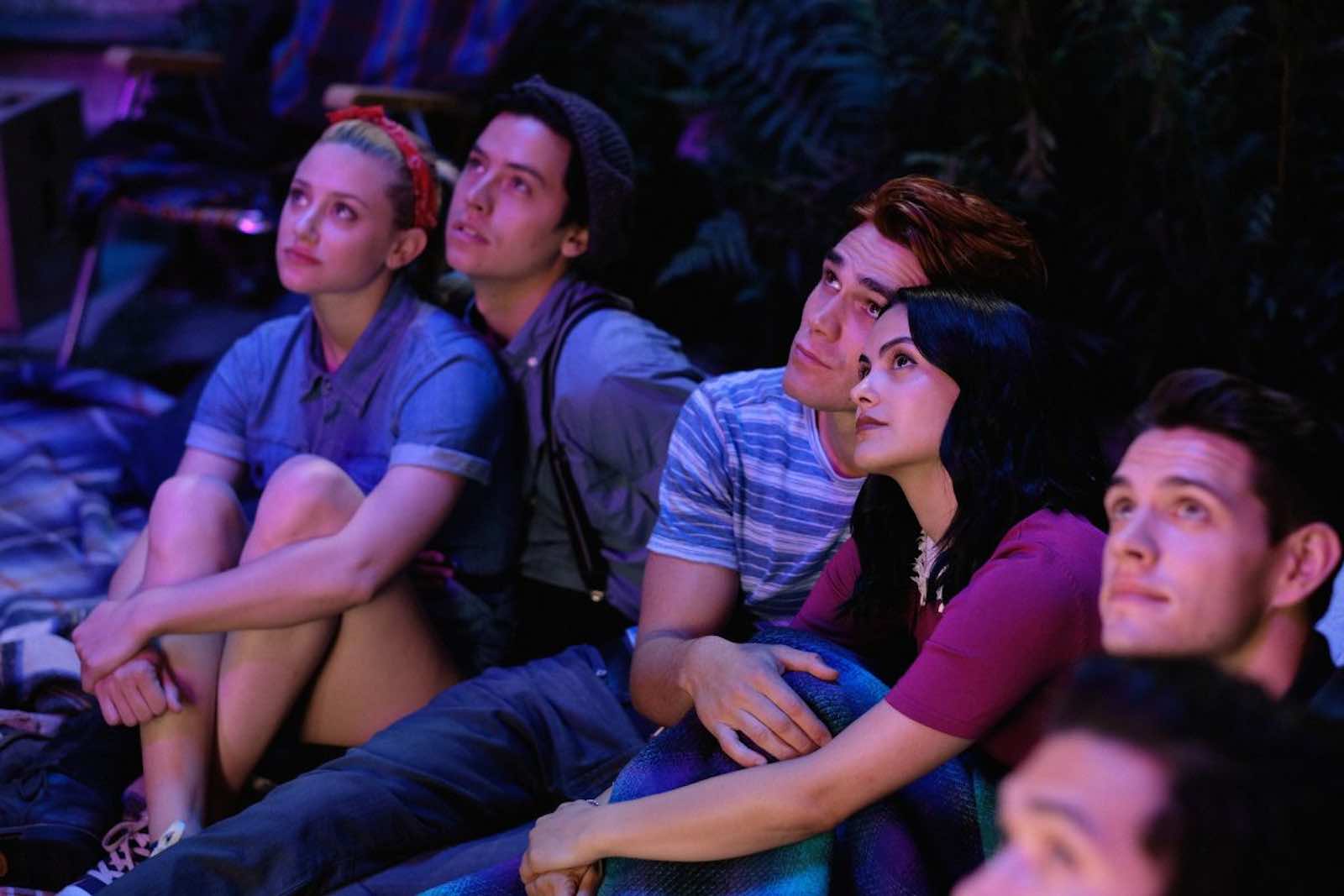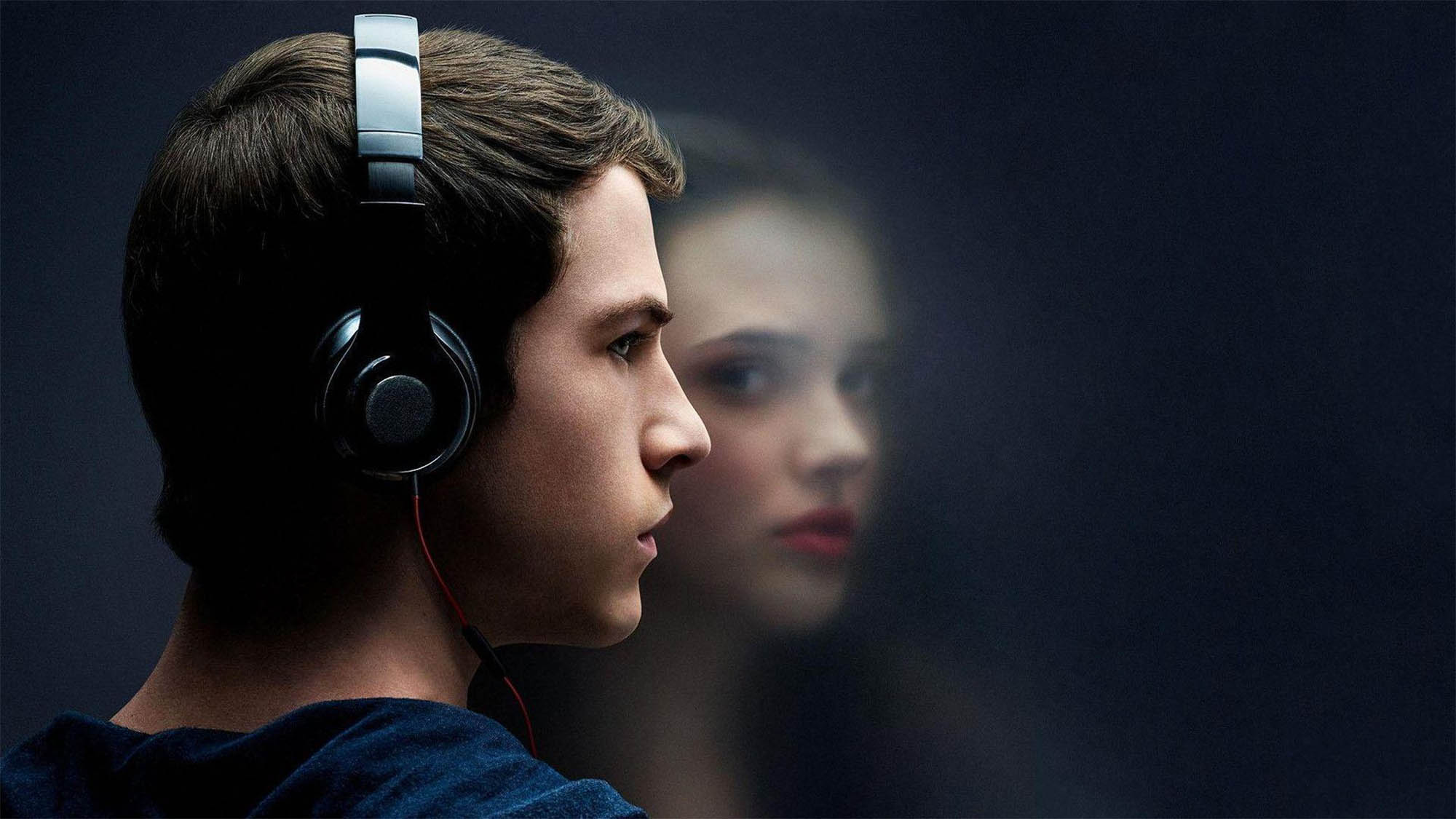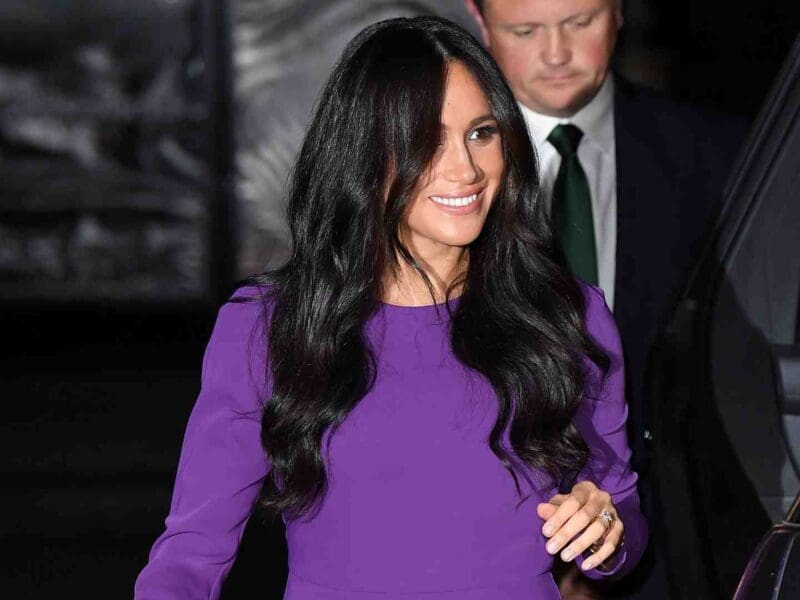
What we can learn from these not-so-feminist shows on TV right now
The disastrophe that is Netflix’s Insatiable received a torrent of backlash following a call for it to be cancelled before it had even aired its first episode. Why? Its lead star donned a fat suit: the storyline follows a “fat girl” (a thin girl in a fat suit) named Patty (Debby Ryan) who gets punched in the face, has her jaw wired shut, loses weight (and subsequently becomes “hot”), and seeks revenge on those who bullied her.
While we were quick to challenge the naysayers who denounced the show before they’d even seen it, upon viewing the first few episodes, we too realized that Insatiable lacks the sharpness needed to deliver such a satirical statement on body image. Ultimately, it’s just dull.
Similar to numerous shows before it, Insatiable angered audiences for its insensitive take on its controversial subject matter that many have argued contains regressive, anti-feminist messages. However, there are positives to be found among the tumult – we’re here to examine these by taking a look at recent TV shows that have been criticized for being anti-feminist and what we can learn from them.

Insatiable (2018 – )
Let’s start with Insatiable, shall we? As mentioned, the show has been accused of fat-shaming and portraying body negative messages that echo those found in Shallow Hal and Fat Monica from Friends. Nevertheless, Alyssa Milano – who plays Coralee Armstrong in the show – has spoken out to defend its core message and expressed her opposition to the immense criticism it has received so far.
Taking to Twitter, Armstrong wrote: “We are not shaming Patty. We are addressing (through comedy) the damage that occurs from fat shaming,” before linking to a Teen Vogue report that argues Insatiable takes aim at bullying, rather than perpetuates it. Because essentially the show’s premise is about a girl seeking retribution for being treated so badly for her weight.
Unfortunately, its delivery was off kilter (to put it lightly). So if you disagree with Armstrong’s defence, at the very least we have learned from Insatiable that fat suits do not belong in teen shows in 2018. So that’s something.

Gypsy (2017)
It didn’t take long for Netflix to throw this trash heap of a show into the slush pile – in fact, it was the fastest the streamer has ever axed an original drama, with the network announcing its decision to cut the cord just six weeks after its premiere back in the summer of 2017.
The show was lambasted for its antiquated feminist message told through the story of the world’s worst therapist Jean Holloway, who gets a serious case of bored rich white girl syndrome. Her cure? Seeking out an affair with one of her patient’s ex-girlfriends.

Not only does the writing drag down a solid cast led by Naomi Watts with it, but it’s just kinda dull and predictable. However, there are some positives to be pulled out of the trash fire, one of those being its steamy love affair between Jean and Sydney (Sophie Cookson), which has garnered the film a strong LGBTQI following who are calling for the show to be given a second season.
For over a year now, fans have been organizing social media campaigns and they even rented a billboard space outside of the Netflix LA office to request the show’s return. And if there’s one thing we believe in, it’s the power of fandoms.
So while the narrative might’ve leaned on the dull side, its LGBTQI representation is something that has resonated with viewers and is something we need to see more of. Whether that be in more episodes of Gypsy or in new additions to Netflix’s ever-growing slate of TV shows.

Riverdale (2017 – )
Last month, it was put to us on Twitter that while Riverdale is a great YA show, it is not feminist at all because “Betty and Veronica are always fighting and being catty to one another” and “there’ve been some unpleasant sexist jokes”. While this is a sentiment many have shared before, what Riverdale has done right is to listen to its fans when they have been disturbed by certain plot points and made improvements along the way.
With this in mind, season two of the show saw better LGBTQI representation through the stories of biker Toni Topaz (Vanessa Morgan) and Cheryl (Madelaine Petsch) coming out as bisexual. Plus to counter all those who say Riverdale is distinctly “anti-feminist”, it did pass the Bechdel test and presents a wide plethora of complex, headstrong, and independent female characters whose arcs are separate from the male characters’ perspectives.
So yeah, is Riverdale perfect? No – but it’s an innovative and unique YA show that plays by its own rules and is willing to jump back on the horse whenever it finds itself a little off balance. And for that reason, we love it.

13 Reasons Why (2017 – )
Based on Jay Asher’s YA novel, Netflix’s 13 Reasons Why follows a school and its community after a student named Hannah (Katherine Langford) commits suicide. The show has been sizzled to a crisp under the critical magnifying glass, with many claiming it is problematic for sensationalizing and glamorizing suicide, only focusing on the male gaze, and for being too upfront about sexual assault.
All of which are criticisms that could be argued away if you’re a young adult viewer who has actually watched the show. Yes, it’s upfront about such serious issues as rape, suicide, bullying, and violence – but it also delivers these messages in a nuanced manner and while some of it is shocking to the pearl-clutching parents of today, the fact is that it’s talking about subjects that so many YA shows are afraid to.

13 Reasons Why levels with its teen audience and it works. A recent study showed that out of the 1,700 young people in the United States who were questioned about their view on the show, 71% said it was beneficial for them to watch.
Meanwhile, more than three-quarters of respondents said they learned about depression and suicidal ideation, including how depression might impact young people. “Ultimately, young people in the survey said they sought out more information and had new discussions after watching 13 Reasons Why,” noted Teen Vogue in its report on the study.

The Handmaid’s Tale (2017 – )
It’s impossible to mention the name of Hulu’s The Handmaid’s Tale without bringing the topic of feminism into question. While some uphold the show as a rallying cry for the feminist resistance, some argue it is distinctly anti-feminist, claiming it is nothing more than torture porn that warps its messages on the female experience in order to shock audiences and thus draw in viewers.
Whatever your take on the show is in terms of its portrayal of female oppression, perhaps we should look at it with a different lens. Make it past the first few episodes and perhaps you’ll realize that instead of a commentary on men and women, it’s taking a critical hit at totalitarian systems.
Not only do we see June and the other handmaids suffer at the hands of Gilead, but we also see Commander Waterford and his wife Serena suffer. We see Nick suffer. We see Eden suffer. No one is safe from the pain brought on by a government enforced with hatred, oppression and punishment. “In a society that is unfair, no one really wins,” wrote HuffPost. “This is perhaps the most important and applicable message we can take from the series in a world ripe with injustice.”







